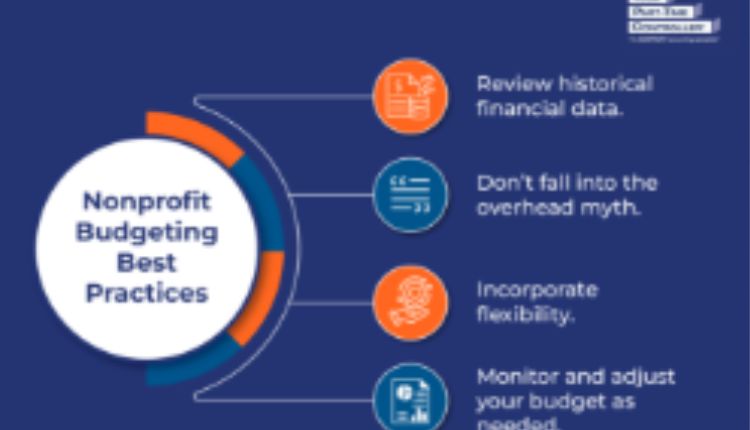Budgeting and financial planning are key in nonprofit organization accounting sc. These practices ensure that every dollar serves your mission. A clear budget helps you allocate resources wisely. It also prevents overspending. You need to know where money is going and why. Financial planning gives you a roadmap for the future. It identifies potential gaps and opportunities.
This planning allows you to adapt to changes, both expected and unexpected. By regularly reviewing your budget, you stay on track. You can adjust as needed. This keeps your nonprofit sustainable. Effective budgeting provides transparency, which builds trust. Supporters want to see how you use funds. Financial planning also supports compliance with regulations. This protects your nonprofit from risks. Ultimately, budgeting and planning empower your nonprofit. You have the tools to make informed decisions. This approach ensures you fulfill your mission. Your community and beneficiaries rely on you to manage funds responsibly.
Understanding the Basics of Budgeting
Budgeting is your nonprofit’s blueprint for financial health. It details your income and expenses, guiding your spending decisions. First, outline all your revenue sources. Include donations, grants, and fundraising events. Next, list all expected expenses. Think about operational costs, salaries, and program expenses. Compare income and expenses. This helps you find any shortfalls or surpluses. Adjust your spending plans accordingly. A well-prepared budget helps you manage funds wisely. This keeps you from running out of money mid-year. It also shows potential donors that you are responsible and organized.
Why Financial Planning Matters
Financial planning goes beyond budgeting. It involves setting long-term financial goals. This could include saving for a new project or building an emergency fund. Planning helps you prepare for economic downturns. It allows you to invest in growth opportunities when they arise. Regularly update your financial plan. This ensures it reflects current circumstances. A strong financial plan builds resilience. It positions your nonprofit to weather financial challenges. Planning also instills confidence in stakeholders. When they see that you are prepared, they are more likely to support your mission.
Creating a Sustainable Nonprofit
Sustainability is crucial for nonprofits. To achieve it, focus on diversifying your revenue streams. Relying on one funding source is risky. Instead, aim for a mix of donations, grants, and earned income. This provides stability. It also reduces vulnerability to changes in funding. Build relationships with donors and supporters. Engage them regularly. Show them the impact of their contributions. This fosters loyalty and continued support. With a sustainable financial model, your nonprofit can thrive long-term.
Challenges in Budgeting and Planning
Nonprofits face unique challenges. Limited resources can make budgeting and planning tough. Yet, these challenges are not insurmountable. Use technology to streamline financial processes. Software tools can simplify budgeting and financial reporting. Stay informed about financial trends in the nonprofit sector. This helps you anticipate changes and adapt swiftly. Seek expert advice if needed. Consulting with a financial advisor can provide valuable insights.
Key Differences: Budgeting vs. Financial Planning
| Aspect | Budgeting | Financial Planning |
| Focus | Income and Expenses | Long-term Goals |
| Time Frame | Short-term (Annual) | Long-term (3-5 years) |
| Purpose | Guide Spending | Strategic Growth |
| Flexibility | Fixed for the Year | Adjustable over Time |
Adapting to Change
Financial environments change. Your nonprofit must adapt. Regularly review and update your budget. This keeps it relevant. Incorporate feedback from stakeholders. Their insights are valuable. Be prepared to make tough decisions. Sometimes, you need to cut costs to stay afloat. Prioritize essential programs and expenses. Maintain an open dialogue with your team. Transparency fosters trust and cooperation.
Conclusion
Budgeting and financial planning are not just administrative tasks. They are essential for your nonprofit’s success. By managing your funds effectively, you build a solid foundation. This foundation supports your mission and impacts the community positively. Remember that careful planning today ensures stability tomorrow. You have the power to make informed decisions that safeguard your nonprofit’s future. For more information on nonprofit financial management, visit the USA.gov website.

